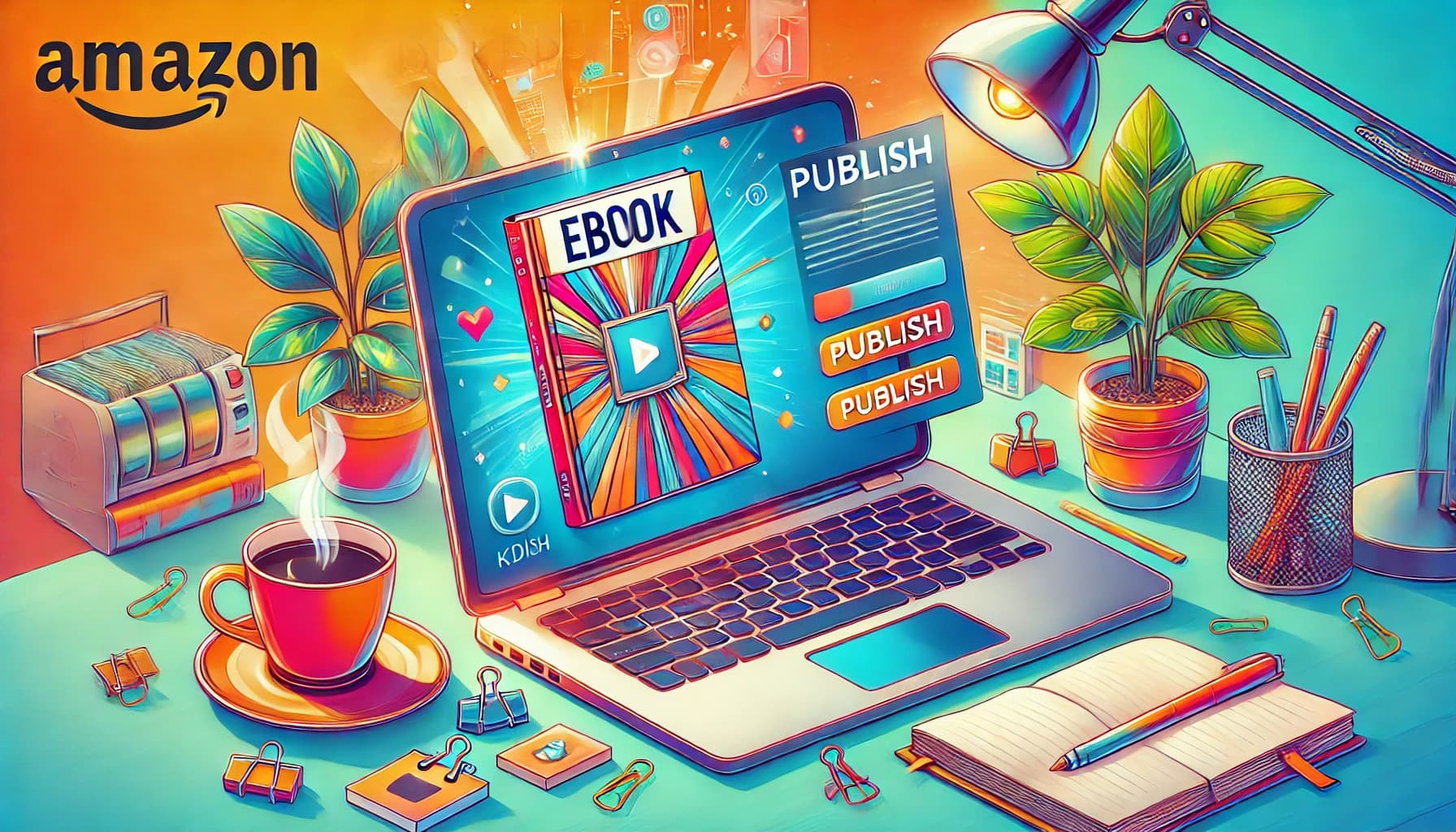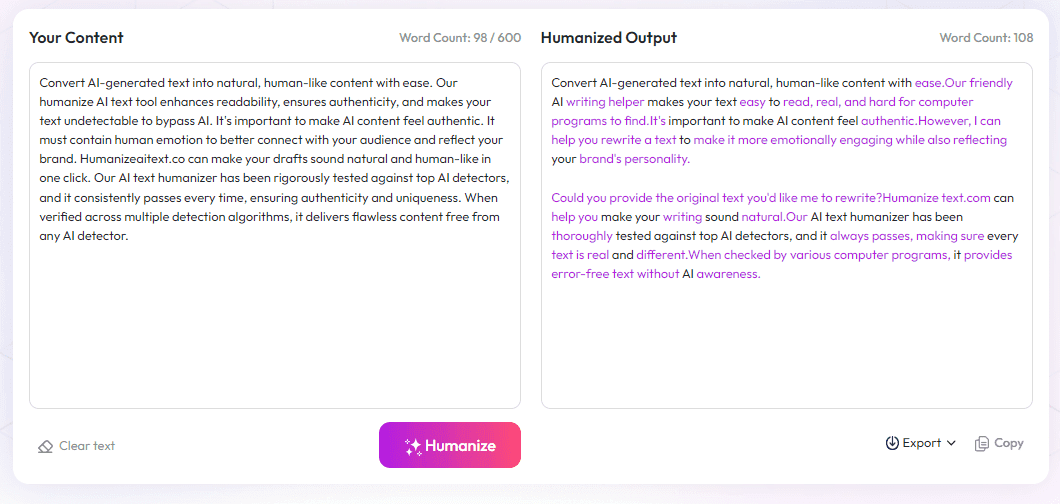Table of Contents
Are you an indie author dreaming of funding your next book but feeling lost about where to start? You're not alone—finding the right grants can seem tricky and confusing. But stay with me, because if you keep reading, I’ll show you simple ways to discover and land the funding you need in 2025.
By the end of this, you’ll have a clear idea of the best grants and contests for indie writers, both in the U.S. and abroad. Plus, I’ll share quick tips on how to boost your chances and deadlines so you don’t miss out. Ready? Let’s dive into the world of indie author grants!
Key Takeaways
Key Takeaways
- Many grants are available for indie authors in 2025, like those supporting speculative fiction, social issues, or women writers. Find them through arts councils or online resources.
- Applying involves time and effort—success rates hover around 10%. Craft clear, specific proposals and track deadlines carefully to improve chances.
- Grant funding can open doors to networks, exposure, and future opportunities, not just cash. Consider residencies, fellowships, and community programs too.
- Organize your projects and applications with spreadsheets and calendars. Practice refining your pitches based on past results.
- Be ready for rejections and use feedback to strengthen future applications. Tailor each proposal to match the grant’s goals.
- Besides grants, explore social media, writer groups, and local events to boost your chances of funding and grow your presence.
- Resource sites like AutoCrit, Reedsy, or GrantWatch show current funding options and contests. Participating in webinars can sharpen your application skills.

Getting funding as an indie author in 2025 might seem like a long shot, but there are actually several grants out there tailored to support writers like you. The key is knowing where to look and how to turn your project into a compelling application. A few of the top grants include the Speculative Literature Foundation Grant, which offers $1,000 for authors aged 50+ working on speculative fiction, and the Economic Hardship Reporting Project Grant, providing $1,000 to $5,000 for projects highlighting social issues. There’s also the Barbara Deming Foundation Grant, awarding between $500 and $2,000 to women writers focusing on social justice themes, plus the monthly $1,000 awards from the Awesome Foundation for impactful community projects.
These grants aren't just about getting quick cash—they can connect you to networks, exposure, and even future opportunities. Keep in mind, applying for a grant takes time. Success rates tend to hover around 10%, so don’t be discouraged if you don’t win right away. It’s a lot of work—foundations usually ask for 15 to 20 hours of writing time for each application, and federal grants can demand over 100 hours—but the payoff might just be worth it. For example, a federal grant could give you the budget to fund your entire next book or project. Plus, knowing your chances gives you a realistic roadmap. Sources like the AutoCrit comparison guide can help you craft stronger submissions and understand common pitfalls.
To start, check out national and local arts councils—many have open calls for writers—and always read the guidelines carefully. For international options, fellowships from organizations like the International Writers’ Program can open doors crossing borders. Some grants are niche, focusing on specific genres or themes, so tailor your proposals accordingly. Remember, the more specific and passionate your description, the better your chances of standing out. Building a strong portfolio and a clear personal statement goes a long way. Think of grant applications as a storytelling mission—present your project as the must-see show. If you want to dig deeper into the best strategies, sites like this resource can help you navigate the process of getting published without the traditional route, which complements grant applications for funding your creative vision.
Whether you’re aiming for a community impact project, a social justice book, or an innovative speculative fiction piece, there’s likely a grant suited for your goals. Make sure to keep track of deadlines—many are due early in the year for 2025, so mark your calendar well in advance. Small wins or partial funding can still help move your project forward. Remember, persistence is key; the more applications you send, the higher your chances of success. So, get your ideas down, craft a compelling pitch, and keep your fingers crossed—your next big grant might be just around the corner.

Funding Opportunities from the National Endowment for the Arts (NEA) and State Arts Agencies
The NEA provides grants specifically designed to support writers and literary projects across many states, often focusing on community engagement and cultural enrichment.
State arts agencies often have their own funding programs, so checking local arts council websites can uncover additional grants tailored to your region.
To improve your chances, review the specific priorities of each grant, and tailor your application to highlight how your project aligns with their mission.
Applying early and providing clear evidence of how your work benefits the community can make a big difference.
Understanding Federal and State Grant Success Rates and How to Improve Your Odds
Federal grants tend to have success rates around 10%, while foundation grants can be slightly better, but still competitive.
Spending 15-20 hours crafting a strong application improves your odds, so don’t rush through the process.
Focus on clear, concise proposals with specific goals, a realistic budget, and evidence of your previous work or community impact.
Reading successful application examples and getting feedback from seasoned writers can help you stand out.
Income Potential for Indie Authors in 2025: What the Data Tells Us
The 2025 (https://automateed.com/autoCrit-Comparison-Guide) shows that the median indie author made around $12,749 over the past year.
About 28% of indie authors earned more than $50,000, and nearly one in five crossed the six-figure mark.
This demonstrates that with the right approach, indie publishing can be a serious income stream.
Multiple revenue channels—like direct sales, subscriptions, and print copies—help authors maximize earnings.
Tracking and Managing Your Applications and Projects Effectively
Keep a spreadsheet to track submission deadlines, project details, and response times—staying organized saves a lot of stress.
Create a calendar with all application deadlines for different grants and residencies months in advance.
Note what worked and what didn’t after each application, so you can refine your pitches over time.
Also, consider setting goals for how many grants to apply for each quarter to keep momentum going.
Addressing Common Challenges in the Grant Application Process
Many writers get overwhelmed by the amount of work needed—don’t forget that editors or peers can review your proposals for feedback.
Be prepared for rejections; they’re part of the process—use them as learning opportunities.
Having a clear, compelling story about your project can help cut through the noise and catch the reviewer’s eye.
Focus on creating a tailored, authentic narrative about why your project matters and how it aligns with the grant's goals.
Maximizing Your Funding and Exposure Through Other Support Options
Besides grants, look into residencies, fellowships, and local writing programs; they often offer stipends combined with valuable mentorship.
Joining writer networks and associations can also open doors to exclusive opportunities and collaborations.
Participate in community events or workshops—these can sometimes lead to sponsorships or partnership funding.
Building a visible presence on social media helps attract attention from organizations that may fund your work.
Additional Resources for Indie Authors Seeking Funding and Support
Visit sites like (https://automateed.com/autoCrit-Comparison-Guide) or (https://reedsy.com/find/best-writing-competitions) to find updated lists of grants and writing competitions.
Check out the (https://www.grantwatch.com/) database for a wide range of funding options, or explore local writers’ centers for regional opportunities.
Many organizations also run webinars and workshops on grant writing—take advantage of these to sharpen your skills.
Putting in the time to research and connect with other writers can dramatically increase your chances of securing funding—and help you grow as an author.
FAQs
Research platforms, writing organizations, and relevant government websites that list grants for writers. Networking with other indie authors and joining writing communities can also help identify available funding opportunities.
Grant deadlines vary, but most are announced several months in advance. Check the specific grant providers’ websites regularly and set reminders for application deadlines, which often fall around early to mid-year or late fall.
Prepare a strong proposal that clearly outlines your project’s impact and audience. Follow the application guidelines carefully and highlight your achievements and experience as an indie author to stand out.
Yes, some international grants and fellowships are open to writers worldwide. Review eligibility criteria carefully to ensure your submissions meet the requirements before applying.



